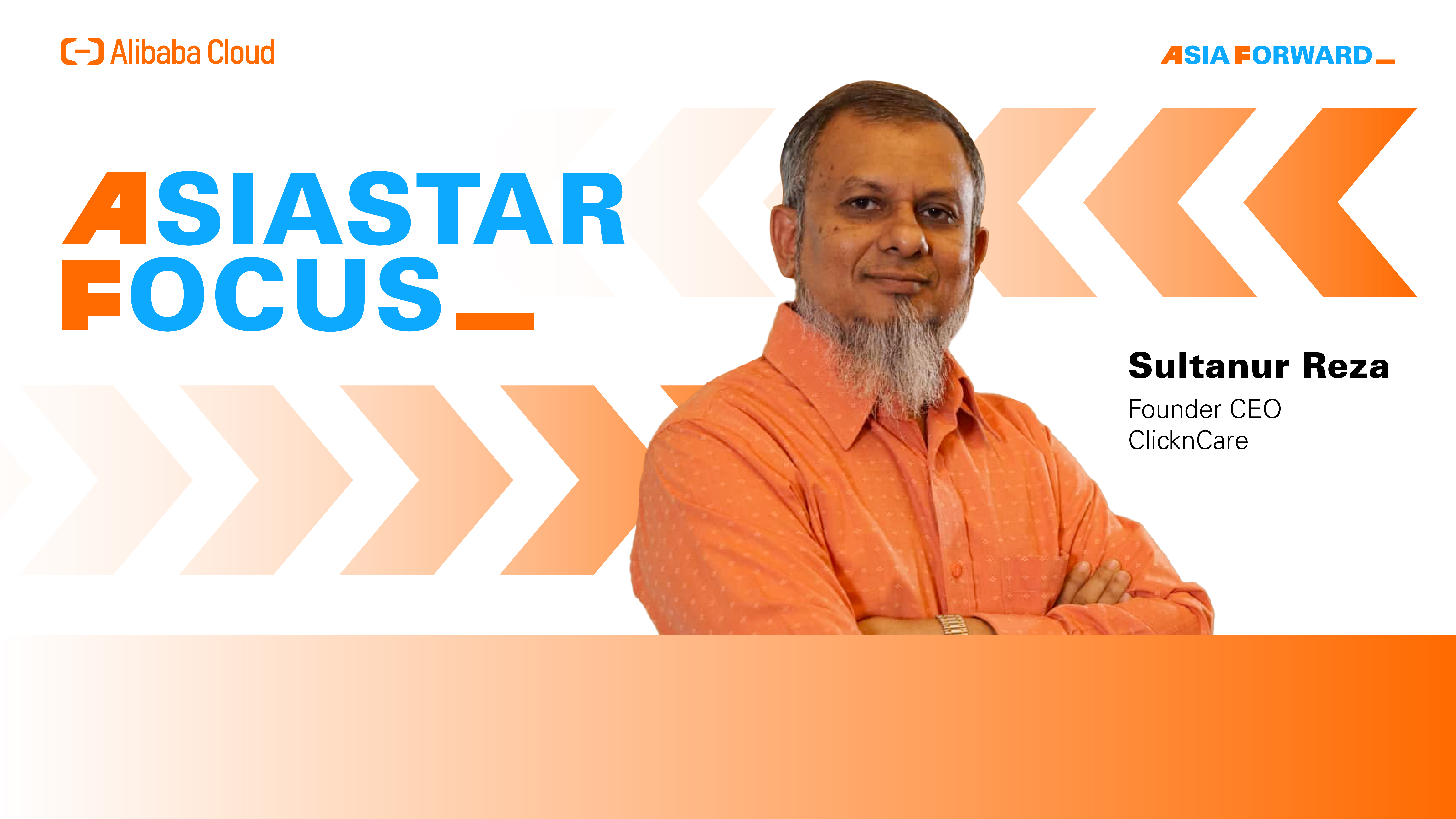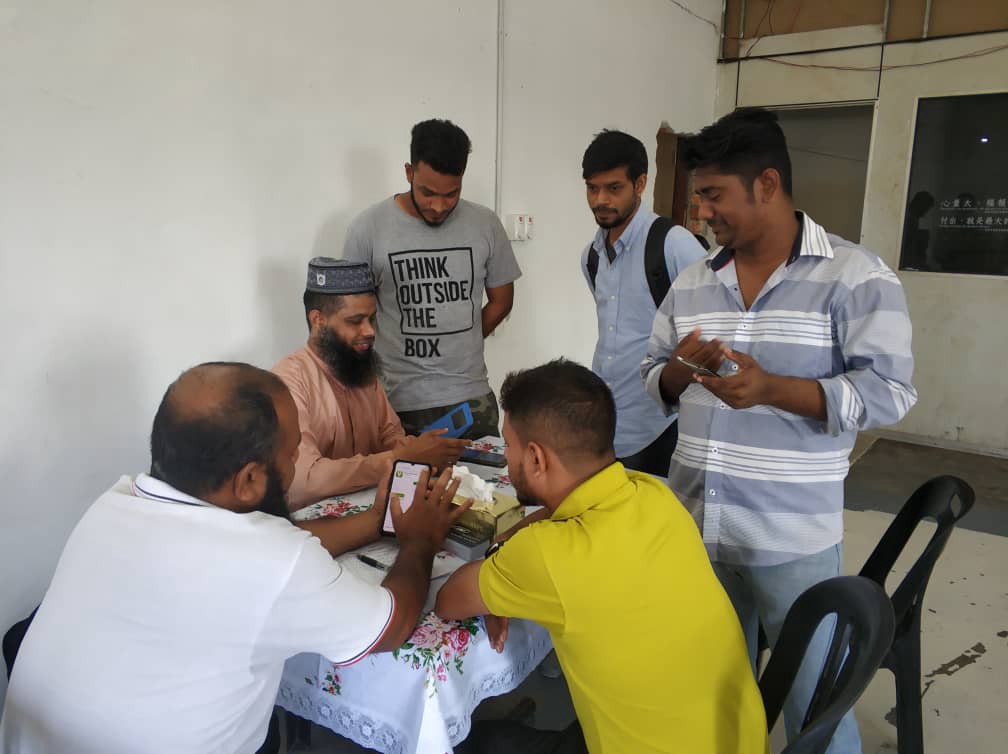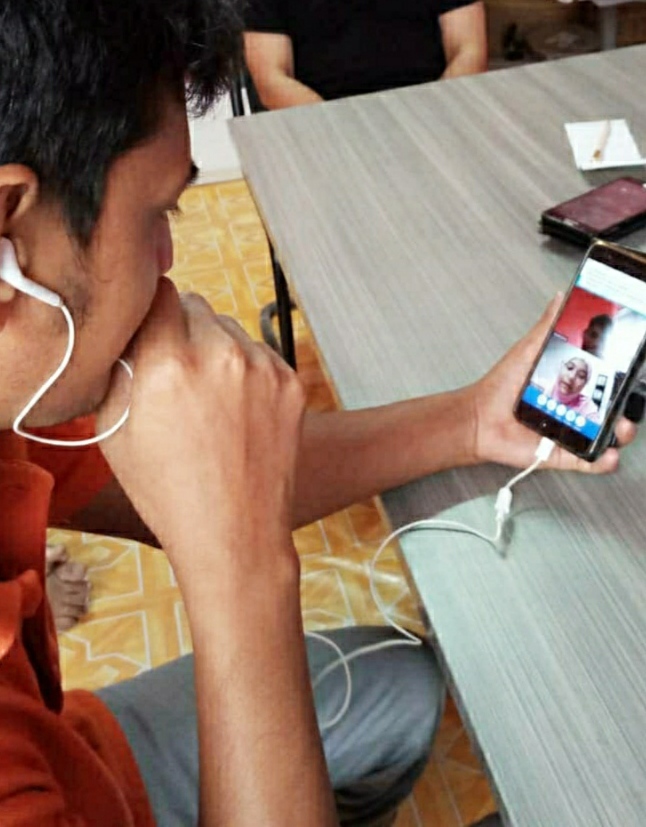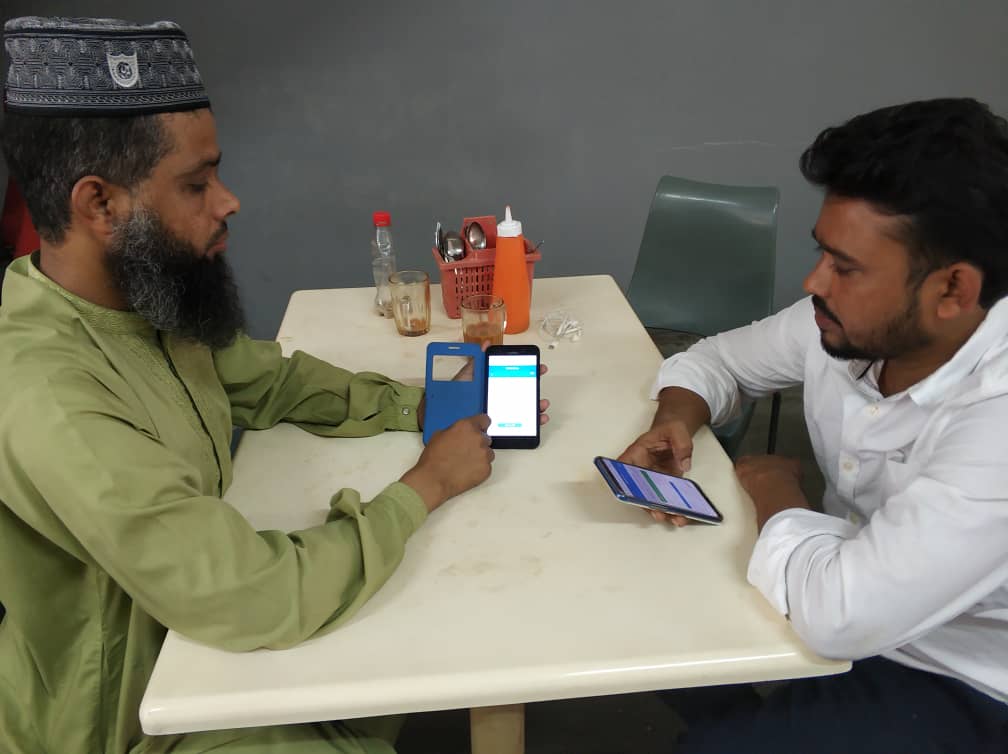
According to a 2019 estimate by the International Labour Organization, there are about 169 million migrant workers around the world[1]. In Malaysia, there are about 3 million migrant workers, working in a range of industries from agriculture, construction, mining, manufacturing, services, and forestry, to fishing[2].
The plights of migrant workers in almost any country are far from ideal. While there are regulations to protect migrant workers from overexploitation, the reality on the ground is different. They are generally not paid well, are cramped into dormitory rooms each holding anything between 10 and 20 people, and work around the clock to fulfill what their employers expect of them.
Besides the detachment from their native countries and separation from their loved ones, they also have issues when it comes to looking after their health. Apart from the high costs of medical care compared to their native land, they also have communication issues, as certain things are simply lost in translation when consulting doctors who do not speak the same language, potentially hampering accurate diagnoses.
Sultanur Reza, Founder of ClicknCare, is certainly no stranger to the sufferings of migrant workers. Between 2008 and 2013 he was involved in rolling out tele-dermatology and telemedicine centers in various rural parts of Bangladesh. He also started and ran a free Friday clinic (supported by his alumni, JEXCA) in his own house for two years, serving the most marginalized segments in Dhaka. About 50 to 70 people from the slums would visit his clinic each Friday. In addition, he started a telemedicine operation, as part of an international e-health society, providing easy access to doctors’ advice.
In 2014, Sultanur moved to Myanmar, to roll out rural internet centers and mobile health services for Telenor Myanmar. Following his heart for serving the most underprivileged segments of society, he subsequently joined the World Bank, where he worked to increase telecommunications access for people in rural areas. He also implemented various micro-grid rural energy projects in Myanmar.
“Healthcare became my passion. And I got a lot of experience in emerging markets, providing telemedicine and mobile health. That was how I started,” he says.

In 2016, when he moved to Malaysia to join his family who had moved there earlier, he came across a lot of migrant workers from his home country of Bangladesh. “I interacted and learnt a lot about their difficulties — how they accessed health care, and other services. It was a real eye opener for me,” he says.
“I found out that they have a lot of issues and pains in accessing healthcare. The language barrier was a major challenge. They can pick up the Malay language and speak fluently in their working environment, that is okay. But when they visit a doctor and try to explain their health issues, they often cannot find the right terms to describe their symptoms accurately.”
A second issue that migrant workers face is the high cost of medical consultations, treatment and prescriptions. The cost of consultation with a general practitioner can be close to double that which they have to pay in Bangladesh, while that for a specialist can be five times higher. “They tend to compare what they have to pay here with what they have to pay at home,” Sultanur says.
Yet other issues were time and travel. To seek medical care, they would have to take leave without pay. “Considering all these issues, many migrant workers would hope to get well without seeking medical care,” Sultanur says.
He recounts: “And I started thinking — if only I could bring Bangladeshi doctors onto a platform, that would solve all of their problems. I had a lot of doctor friends, and senior and junior brothers (friends) who were willing to come on, on a volunteer basis, or at least a price that would be acceptable to all parties.”
According to Sultanur, doctors back home are also very supportive of migrant workers because remittance was the second largest source of money inflow into Bangladesh. “They have a lot of emotional engagement with our migrant workers, so getting doctors is not a challenge. We have about 50-plus doctors, some are living in Malaysia, but mostly in Bangladesh.”
Sultanur also started researching on the regulatory aspects. He managed to secure an appointment with the head of telehealth at the Ministry of Health. “She was very supportive. And that was a blessing for us because we could not roll out something like this without some form of government support.”
Sultanur designed the platform himself and subsequently outsourced development to a Bangladeshi company. However, the major challenge that he faces is not on the platform end, but on the user end — many Bangladeshis work in remote areas of Malaysia, such as in plantations where the signal is far too weak to provide a stable video signal. In addition, many of them do not use smartphones that are able to support good video quality. “This is a real challenge to us currently,” he says. “Mitigating it will take some time and depends a lot on the network operators in Malaysia. But things are always improving, and I am hopeful.”

ClicknCare provides teleconsultations at a significant discount to what migrant workers would have to otherwise pay. A consultation with a general practitioner costs just US$ 2.50, while a consultation with a specialist costs US$ 9. Patients register with the service for free and pay for the consultation and treatment/prescription fees through e-wallet or a bank transfer to ClicknCare. Subsequently, a video call is arranged, where the doctor consults with the patient.
ClicknCare also has an agent module that allows fellow migrant workers or shops near the migrant worker dormitories to become agents. The agent can help a migrant worker who does not have a bank account to register, pay and allow him/her to use the service, through his/her account.
If a blood test or urine sample is required, the patient visits the nearest clinic and uploads pictures of the lab results onto the platform, for the doctor to make an accurate diagnosis. ClicknCare also has a calling agent feature that allows migrants to provide their health history, via a phone call.
Since its commercial launch in March 2020, ClicknCare has received significant traction for its application. As of December 2021, the application has achieved around 3,000 registered customers. About 1,000 of them have used the platform to do consultations and to receive prescriptions. “Word of mouth helped a lot, but we also needed to do a lot of marketing, not only digital, but physical marketing. Many Bangladeshis are illiterate and to them seeing is believing.”

Sultanur describes COVID-19 as an especially difficult time for migrant workers in Malaysia, as many lost their means of livelihood. Given their high-density living environments, the propensity for the virus to be easily transmitted within dormitories was also higher. Without any income and given the comparative high costs of medical care (a significant percentage of what would have been their income, provided they had any) many tend to refrain from seeking medical help for their ailments, he says.
“Many people called us, asking for help. And they were in serious difficulties and in pain,” Sultanur says. “And they are honest, they say: ‘I will pay when I get a salary, but I am not sure when that will be’. That really pains me because I am a Bangladeshi by heart. We say, ‘no problem. when your problem is solved, you can pay us’.”
However, there has also been a positive effect of the pandemic. Sultanur explains: “Digital health has filled a gap between doctors and patients in many emerging countries, who previously did not have access to medical care. When I advertised on Facebook, asking for volunteers, many doctors came forth. I even had doctors from places like the Maldives and Brunei willing to join our service. This was good because then patients can also receive attention in the middle of the night. It was proof of concept for rolling out beyond Malaysia.”
Indeed, Sultanur plans to expand the use of his platform geographically, to serve people of different nationalities as well as countries with large migrant populations — he names Nepal, Myanmar, the Philippines, Sri Lanka, Indonesia and eventually the Middle East as next phase expansions. He also wants to focus on the lower income strata in countries. In view of this, he has started exploratory discussions with doctors in various countries.
In terms of the features of his application, Sultanur is also considering various technologies. Internet of Things (IoT) is the very next thing he is looking at. He says: “Health vitals are an integral aspect of digital healthcare because those help us to understand a lot of things about the patient’s condition — blood pressure, temperature, glucose measurement, and if it is a cardiac patient, an echocardiogram. I am also considering of creating IoT kiosks at dormitories.”
Artificial intelligence and machine learning are next on the list, especially to address language issues, which is a major pain point. Deploying natural language processing technologies can assist with arriving at initial diagnoses of the patient, prior to consulting the doctor. Considering the low literacy levels among migrant workers, signups and logins through facial recognition or by scanning identity cards/passports are also in the pipeline.

As a migrant himself, Sultanur has tremendous empathy for the people he serves. “I have gone through the same type of experiences, although not to the extent these migrant workers are facing, but in terms of language difficulties and adjusting to a new country, culture and people, I’ve been there. What I really want to do is to make them realize that their health is very important,” he says.
“All of my career, I have been trying to support the marginalized people. I’m not an inventor of new technology. I’m not a scientist. I’m an engineer. I know how things work. And I know how technology can change lives. And I want to focus on migrant issues. I hope ClicknCare can be a real companion to them when they need it most,” he adds.
“As a trusted cloud service provider, Alibaba Cloud is committed to investing into Malaysia’s digital future. In line with this, and as we continue to work towards Malaysia’s national Digital Economy Blueprint, in 2021 we launched the first international Alibaba Cloud Innovation Centre in Kuala Lumpur. With this, we aim to provide a conducive environment for start-ups and SMEs to grow in Malaysia and better serve Malaysians. We are looking forward to more start-ups and talents participating in the 2022 activities.”
- Jordy Cao, Country Manager, Alibaba Cloud Malaysia
[1] https://www.ilo.org/global/about-the-ilo/newsroom/news/WCMS_808884/lang--en/index.htm
[2] https://www.ilo.org/asia/projects/WCMS_622430/lang--en/index.htm
Sgara: Saving Indonesia’s Shrimp Farms through Data Analytics | Interview

53 posts | 1 followers
FollowAsiaStar Focus - July 1, 2022
Alibaba Cloud Community - February 28, 2022
AsiaStar Focus - June 30, 2022
AsiaStar Focus - June 30, 2022
plavookac - September 24, 2025
Alibaba Clouder - September 30, 2017

53 posts | 1 followers
Follow Epidemic Prediction Solution
Epidemic Prediction Solution
This technology can be used to predict the spread of COVID-19 and help decision makers evaluate the impact of various prevention and control measures on the development of the epidemic.
Learn More Platform For AI
Platform For AI
A platform that provides enterprise-level data modeling services based on machine learning algorithms to quickly meet your needs for data-driven operations.
Learn More Big Data Consulting for Data Technology Solution
Big Data Consulting for Data Technology Solution
Alibaba Cloud provides big data consulting services to help enterprises leverage advanced data technology.
Learn More Offline Visual Intelligence Software Packages
Offline Visual Intelligence Software Packages
Offline SDKs for visual production, such as image segmentation, video segmentation, and character recognition, based on deep learning technologies developed by Alibaba Cloud.
Learn MoreMore Posts by AsiaStar Focus